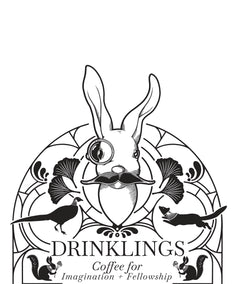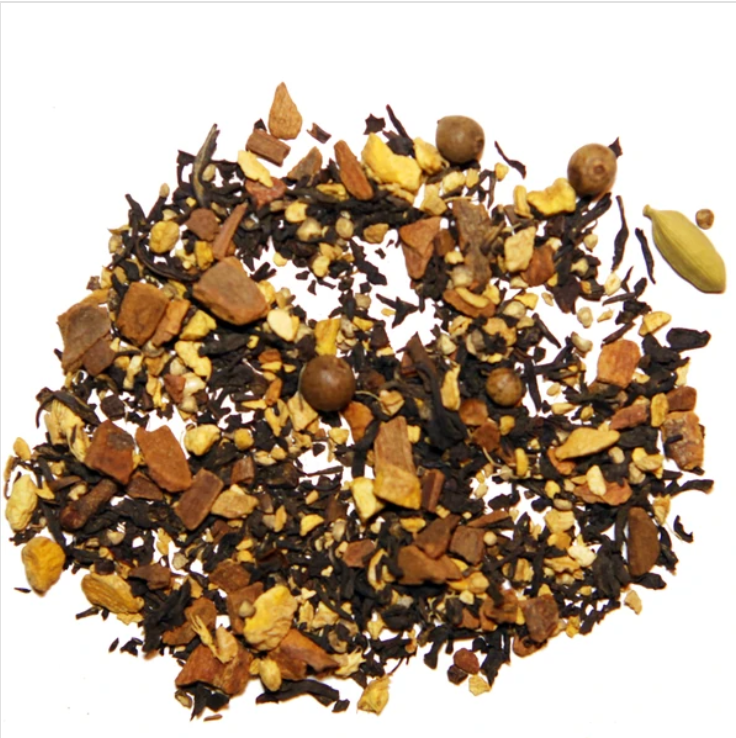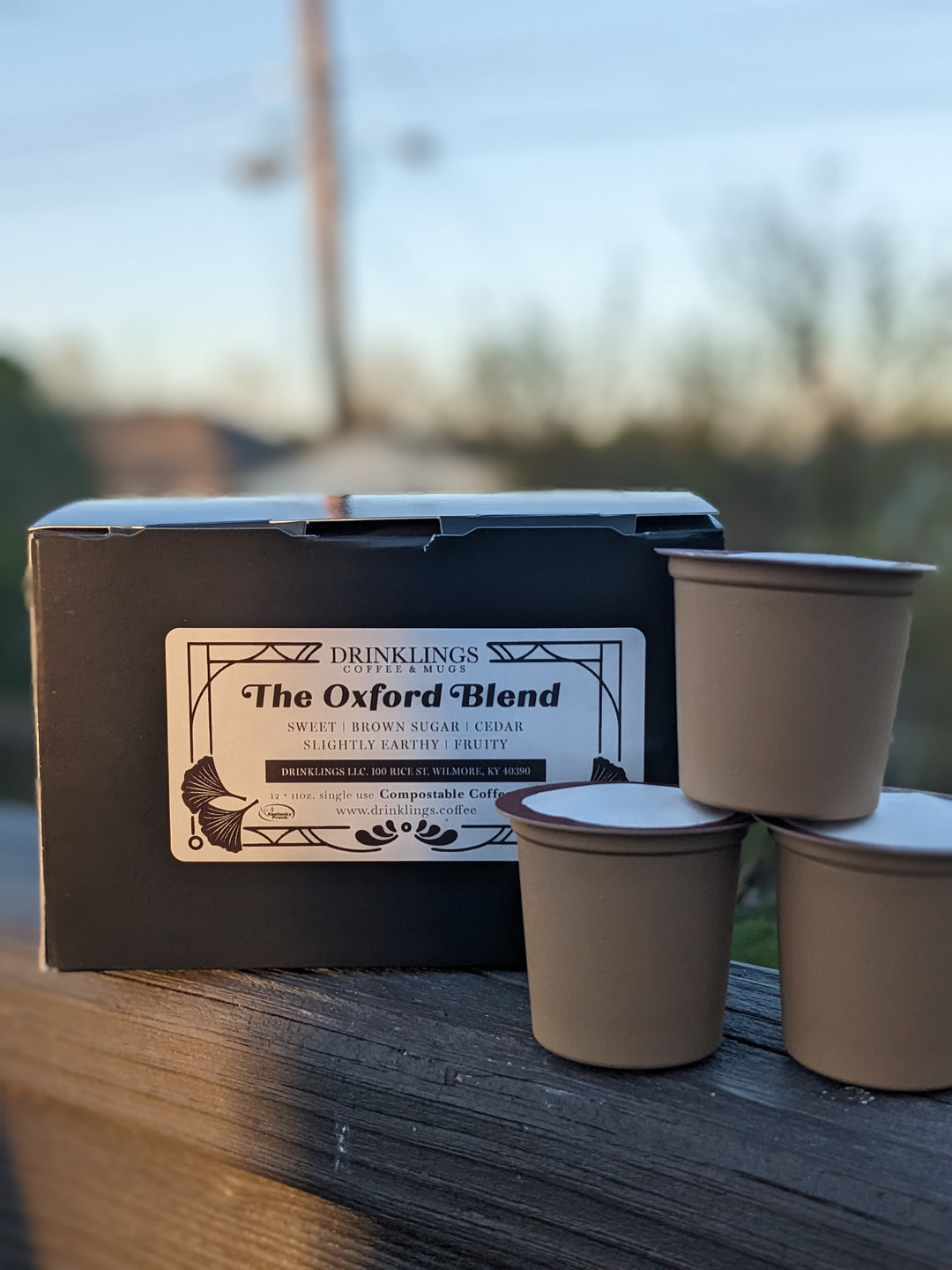Why Teenagers Give Cat Cadavers Names and Wizards Don't - Monday Coffee with Jack and Tollers (Day 3)
“And he that breaks a thing to find out what it is has left the path of wisdom.” - J.R.R. Tolkien, via the character Gandalf
Most of us remember our first (maybe our only) dissection. American high school biology classes frequently have sophomore or junior animal dissection classes as part of their annual curriculum where put down house cats or piglets become the fodder for the poking, prodding, and pulling of organs all in the name of teaching biology. Notwithstanding the questionable wisdom of of giving thirty sixteen year olds dead animals to pull apart “in the name of science” (most, if I remember correctly, were just interested in seeing what its last meal was or giving it a post-mortem name), the whole exercise rested on a simple premise: we can only truly understand something if it’s dead.
This is how we treat a lot of things. In fact, “in the name of science” we have established higher educational systems not only designed but committed to the killing off of something in order to dissect it and, thereby, understand it. The cat, walking, purring, and playing cannot be truly understood until we can kill it first and get under its skin. The romantic relationship cannot be truly understood until we can get under the brain and see what is happening neurologically. The spiritual experience cannot be understood fully until we can see what areas of the brain light up and which lie down. This goes in every direction. Every college major, every graduate profession, aims to take its particular subject and dissect it in order to understand it, fix it, or make a verdict upon its value.
Now, I am not so naïve to think that we have not benefited from analytical study, from the “poking and prodding” of both human bodies and subjects. I am highly grateful that my doctor understands my organs. I am glad that my therapist understands my brain. I am glad that my pastor has a basic understanding of theology and how culture and experiences shape one’s relationship with the divine. I am glad for those that have studied the subtle ins and outs of business. As a parent, I am grateful for the resources on childhood development. In fact, as a husband, parent, teacher, social worker, theologian, and businessman I employ a lot of research in what I do and I truly do think that knowledge is power.
Yet I also recognize that power is not typically a net positive and I think there are major drawbacks in our contemporary commitments to achieve power through the dissection of something. As Ecclesiastes warns in a couple of places, study and knowledge can be existentially, spiritually, and emotionally wearisome: “...the more knowledge, the more sorrow” (1.18). We do ourselves a major disservice if we think that by dissecting something we don’t also run the very real risk of compromising the mystery and life it once carried--of taking something away and unlearning things that really are true. We all remember that person (maybe you were that person) who opted out of the dissection lab because of a love for animals. That person could not bear to take something that was once so alive and reduce it to its cold and dense parts. No communication of need in its meowing. No love, appreciation, or comfort exuding from its purr. Just a larynx. A cat was no longer a cat once it was reduced to its biological makeup. It was something that used to be a cat, for the nature of a cat is not in what it is made of purely but in what it does and acts like!
The same is true for everything else. I can spend the entirety of my children’s childhood trying to understand how their brains work (Godspeed to anyone that tries) and in the process I will have gained a great deal of analytical knowledge. But I will, ironically, actually know them less if I do. We all know the psychologists (movies play off this theme regularly) who spent their careers analyzing their own children for their theories and in the end miss the beauty of the father-child relationship in the process! I can, as a person of faith, study the history and psychology of what I believe and in the end find myself far more isolated and wandering than ever before. I, all of a sudden, have put understanding the why and the how in a superior position than the what. I can, as an owner of a coffee company, learn all about the coffee bean or business strategy and finances all the while missing the opportunity to truly build relationships with our customers and staff. I can, as a husband, become preoccupied with “fix it” strategies for our marital problems when, at the end of the day, all I really need to do is just be present.
Someone (somewhere that I cannot recall) once said, “If you want to really understand something, you have to kill it first.” There is something to be understood by killing something. But we rarely, if ever, have the power to resurrect it back to life once we’ve killed it. I think all of us recognize at the end of the day we much prefer the cat alive and with all its mystery over the cat dead and comprehended.
Coffee and Reflection Questions for Today
- What in our world or in your life are we so fixated on “understanding” that we have risked killing it in order to have a grasp on it?
- If you have something in your life that you have dissected to the point of having lost its life (and subsequently, its mystery and magic), is there anything or anyone that can breathe life into it again?
- What is the proper balance between trying to see through understanding and understanding through seeing? What does that look like as it relates to the most important things and people in your life?




